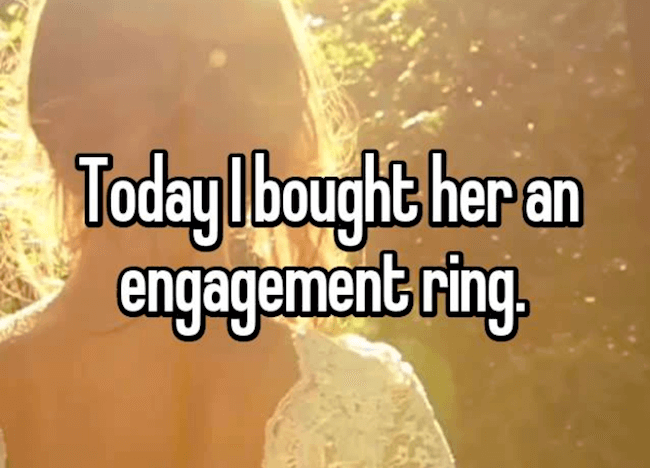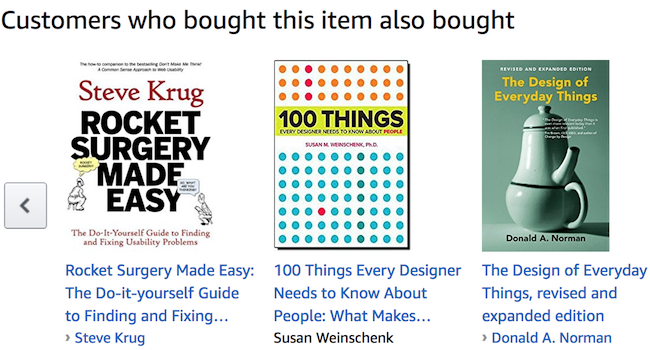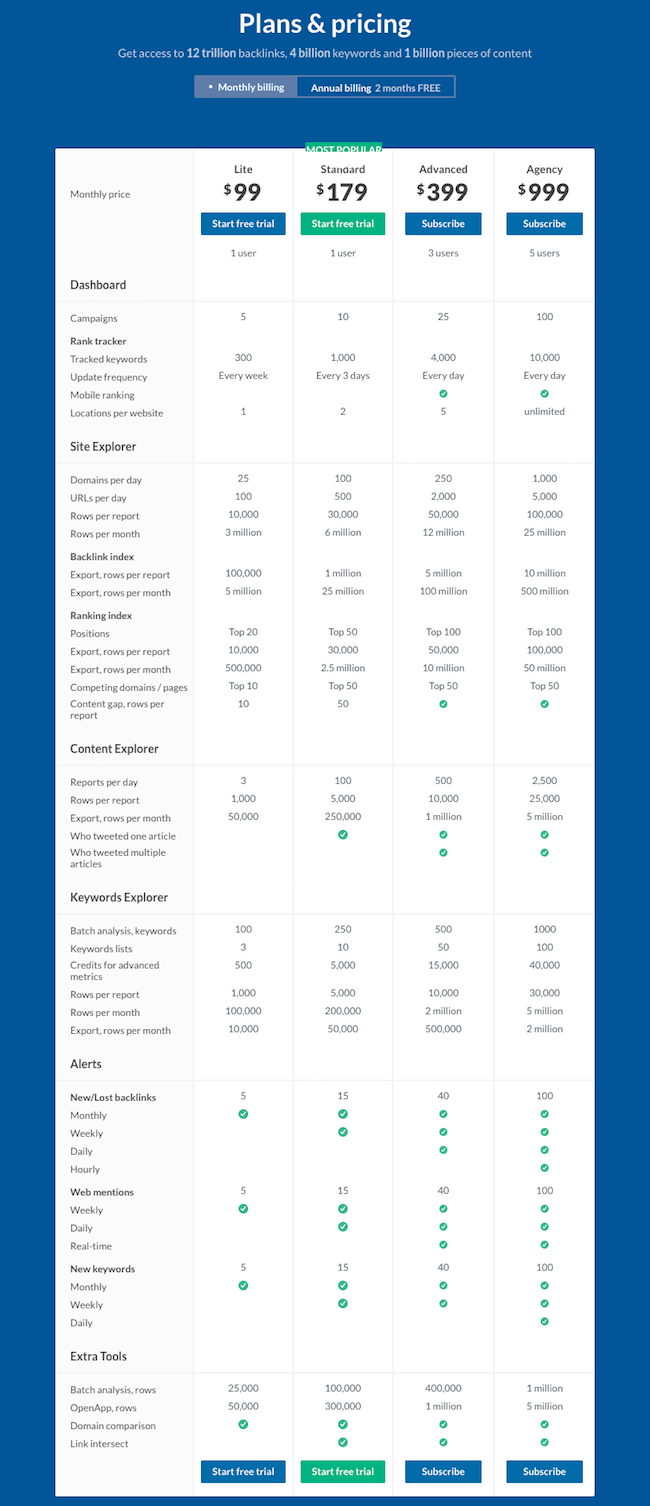
The internet is famed for angry rants that spread virally. But anger is short lasting - to create a really meaningful impact on your users, you need to create Awe.
–

A study in 2000 revealed the average online attention span for someone visiting your website was 12 seconds. Repeated in 2015, it found that the average online attention span has now dropped to 8.25 seconds. A goldfish? You guessed it: 9 seconds.
–

People are more likely to disclose private information in safe online locations than to their closest friends.
–

The preference for personalised content comes from two core human needs - the need for control (even if it is just an illusion) and the need to manage cognitive overload.
–

Reciprocity is a core human social construct: I invite you to dinner, you bring a bottle of wine. I give you a birthday present, I (secretly) expect one in return.
Maintaining social parity using reciprocity is built into our culture, and causes an instinctive reaction to reciprocate (buy) response when you receive something first (so use discounts and freebies to increase loyalty).
–

Asking for something small, waiting for a while, then making the real request makes the bigger request more likely to succeed. The user mentally says “we’re friends now, therefore I’m happy to do more business with you”.
–

Once people understand the value you provide, every extra reason is a reason to say no. Analysis paralysis kills conversions.
–
You scanned the headlines in this article because you worried the content wouldn’t be worth your time. You are only reading this now because you’ve decided something was interesting and worth the risk of cognitive overload.
–

The ice bucket challenge: A real desire to perform socially good acts, or just a desire to be perceived as someone who is associated with socially just acts in your social circles?
It doesn’t really matter assuming the need for social approval is fulfilled.
–
Everything is more intense. The consequences appear less significant. It’s easier to vent anger with words. Groups can form, bond and become self-reinforcing more quickly.
–
What we can achieve with big data and tailored user experiences is scary. Design ethics is important to us all to consider. Design, like technology, can be used for both good and evil. Understanding emotion is a major thing.
–